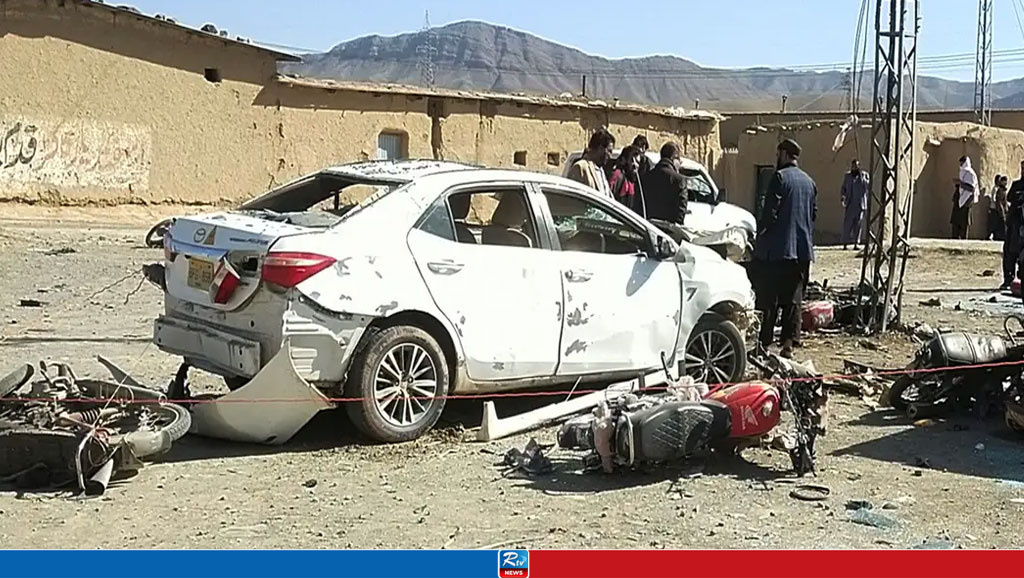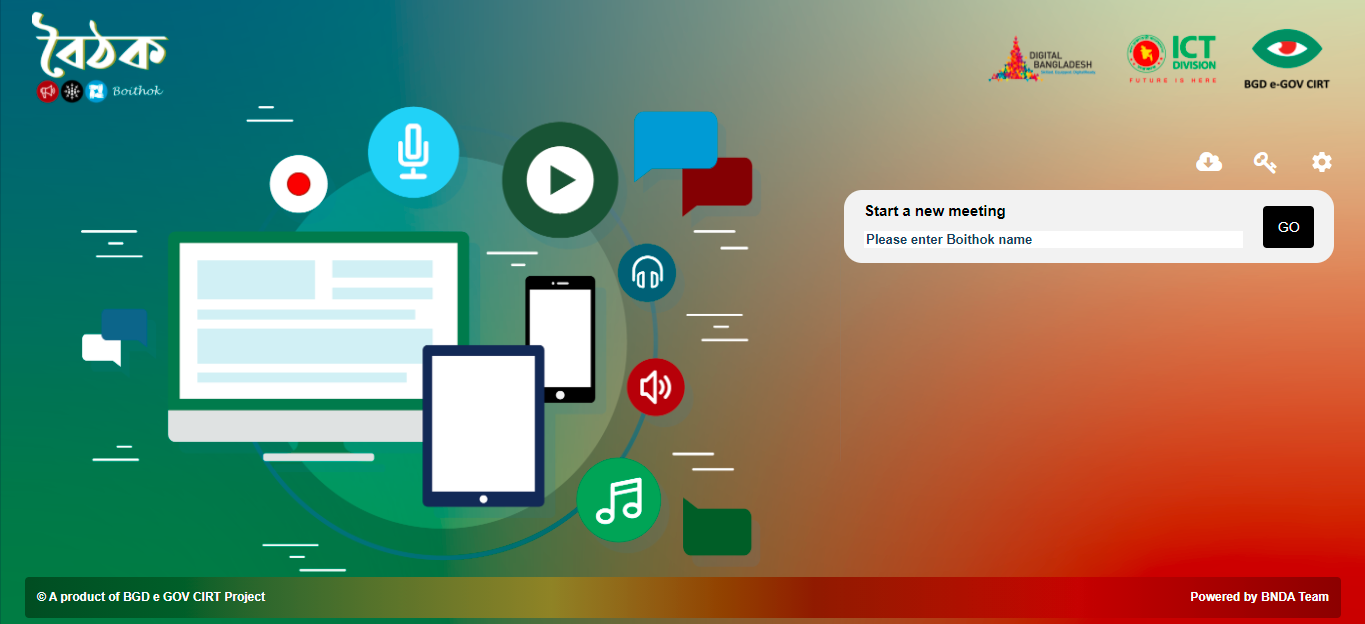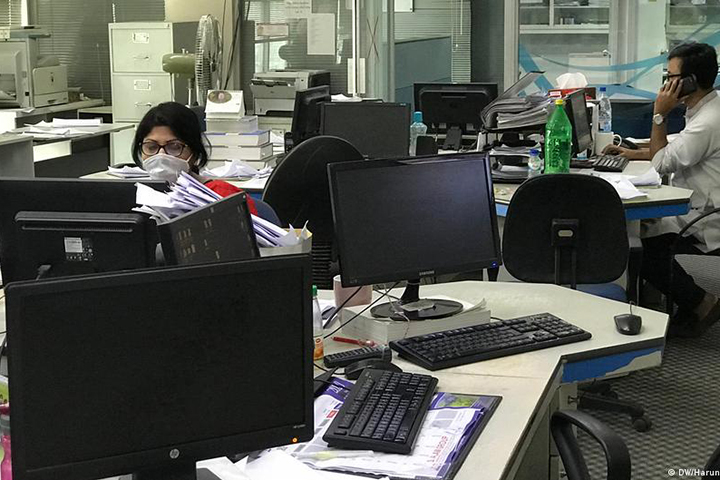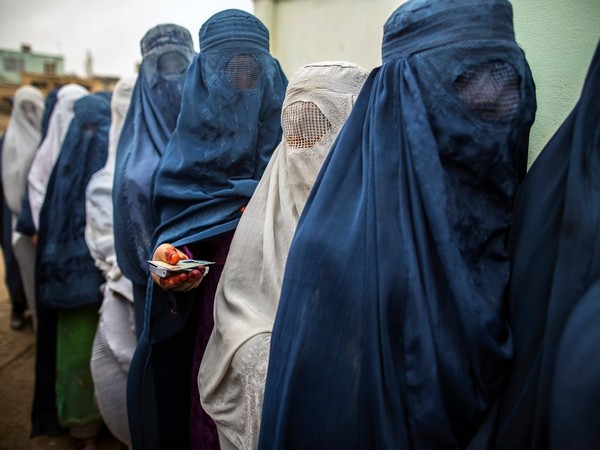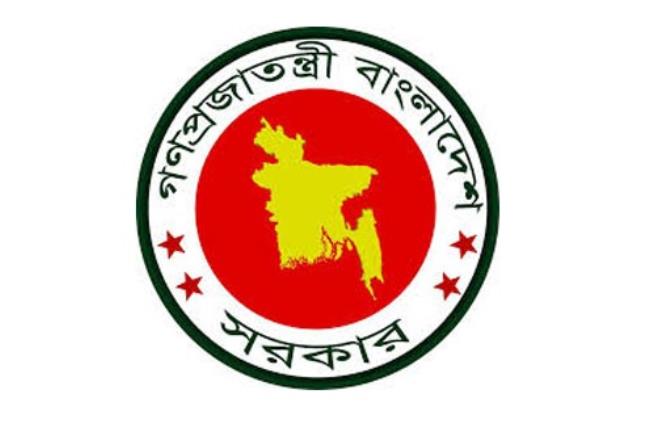Govt to extend use of video conferencing platform ‘Boithok’ in all offices
'Boithok', a government's video conferencing platform, will now be expanded to public offices across the country to hold virtual meetings aimed at securing official conversations and communications.
"The government is going to extend the usage of 'Boithok' at its offices across the country gradually," sources said.
As part of extending the usage of Boithok, BCC has taken initiatives to provide training to officials of each of the 64 districts about its functions and usage, the sources added.
Currently, the platform is being used only in the Ministry of Foreign Affairs, Financial Institution Division, Economic Relations Division, Security Services Division, Bangladesh Police, Energy and Mineral Resources Division, ICT Division, BCC, Department of ICT (DoICT), Digital Security Agency (DSA) on regular basis.
During pandemic, last year e-Government Computer Incident Response Team (BGD e-Gov CIRT) of the Bangladesh Computer Council (BCC) of the ICT Division
developed Boithok for using at in government offices instead of using video conferencing platforms like Zoom, Google Meet and Microsoft Teams to ensure the security of information.
"Step has been taken to hold training for the officials of 64 district offices to extend the usage of Boithok at all government offices," said Executive Director of BCC Dr Abdul Mannan adding a workshop will be held tomorrow at Chittagong Deputy Commissioner's office about the functions and usages of Boithok.
Dr Mannan said one of the most important features of the Boithok platform is the unlimited duration of the meeting and it supports meeting hosting with
200 people, and the development team is working to extend the capability to 500 people.
The video and audio quality of the Boithok platforms are very smooth and clear and over 1,100 successful meetings have already been held on the Boithok platform so far and users can join a meeting just by clicking on a meeting link within a few seconds, he said.
Boithak is enabling the users to share their necessities, and thoughts through perfect instant secure video conferencing that create a real scenario of a virtual meeting.
"This platform is completely secure and users' data are entirely safe. Here no data/ recordings are stored outside of the country," said Project Director of (BGD e-Gov CIRT Tarique M Barkatullah and added it supports also an end-to-end encryption feature.
Tarique said this video conferencing application is very easy to use and user friendly too as it supports Android, IOS, Linux as well as all popular browsers that we use daily, he added.
Source: BSS
AH
12 May 2022,18:27
















 Live Tv
Live Tv
